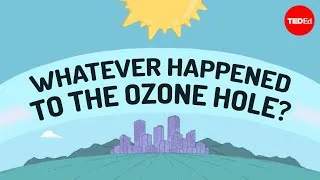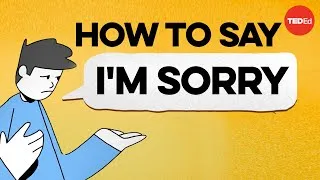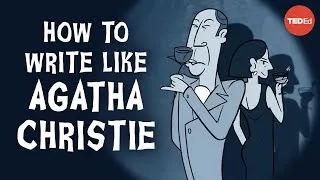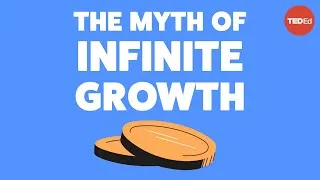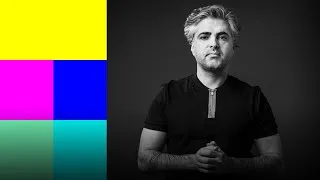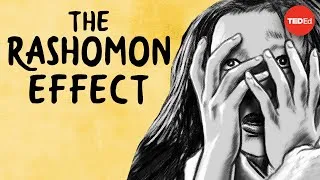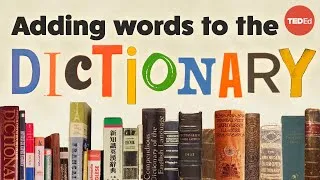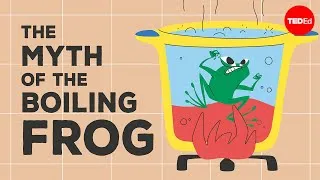Za predvajanje videoposnetka dvakrat kliknite na spodnje angleške podnapise.
New videos
Na tem mestu boste našli videoposnetke na YouTubu, ki so uporabni za učenje angleščine. Ogledali si boste lekcije angleščine, ki jih poučujejo vrhunski učitelji z vsega sveta. Z dvoklikom na angleške podnapise, ki so prikazani na vsaki strani z videoposnetki, lahko predvajate videoposnetek od tam. Podnapisi se pomikajo sinhronizirano s predvajanjem videoposnetka. Če imate kakršne koli pripombe ali zahteve, nam pišite prek tega obrazca za stike.
